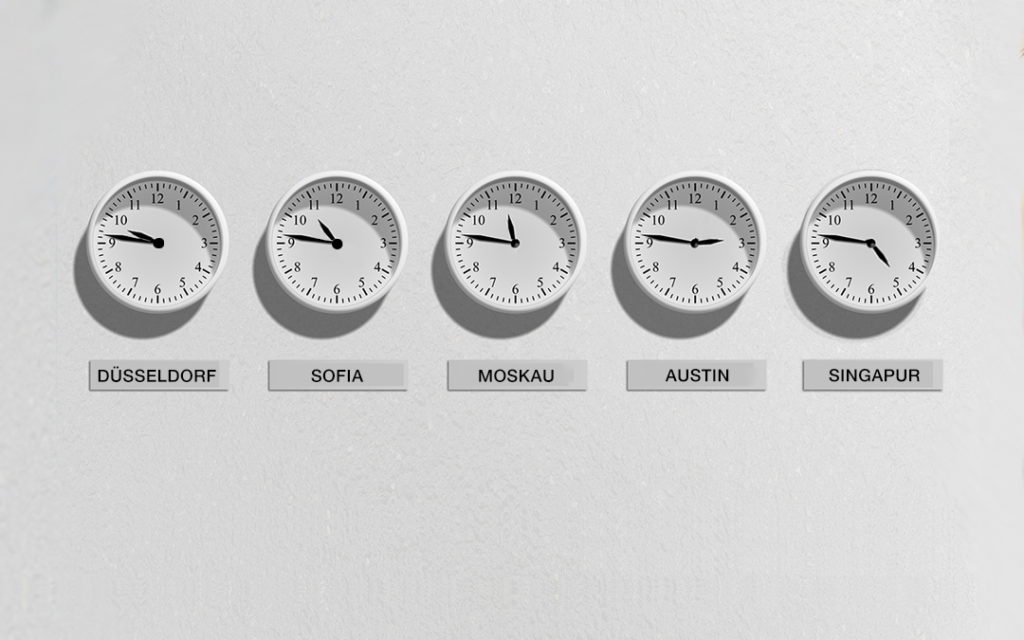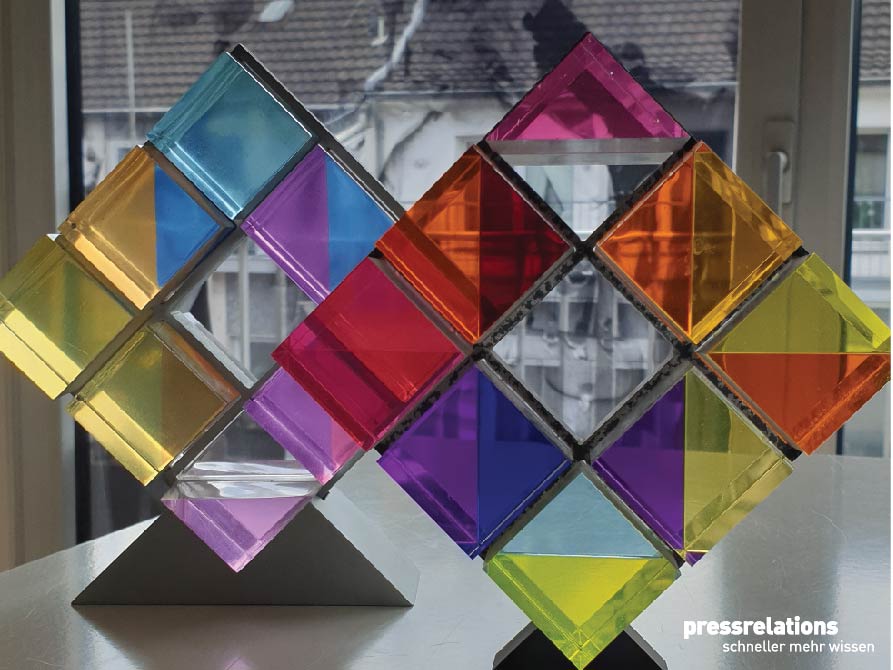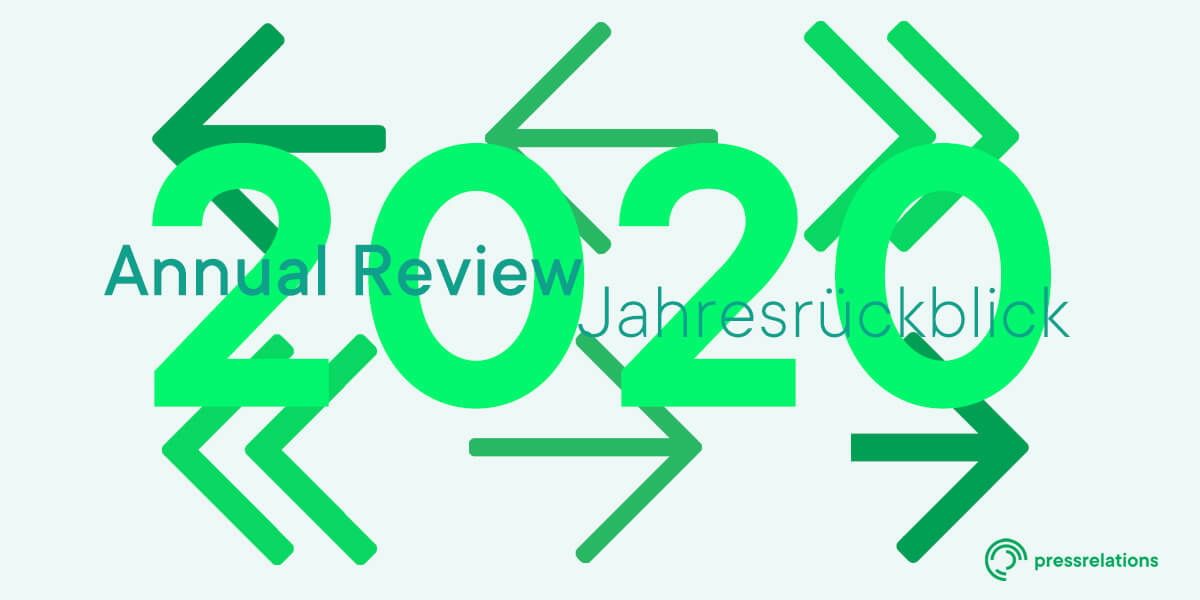170 employees on 8 locations on 3 continents in 6 time zones – this is what pressrelations looks like in 2019. From its humble beginnings as a three man business run from a flat in Düsseldorf, it has grown into an established, international company. Our uninterrupted growth and our expanding presence in the international arena benefits our customers with ever improving services. At the same time, the growing internal complexity presents us with new challenges of ensuring smooth internal communication and preserving a homogenous corporate culture,
which, at this point, has evolved into a melting pot of multiple cultures.
Teams that are confined to a single location are a very rare exception at pressrelations. The general rule is that our team members work together from e.g. Austin, Düsseldorf and Sofia. First, the biggest challenge was to find a suitable communication tool, be it Slack, Skype or GotoMeeting. Each team was able to choose for themselves the preferable way of cooperation. Even though, there are practically no language barriers, as all our employees speak English and/or German, the cross-location cooperation quickly exposed the need for a stronger focus when it comes to understanding the linguistic nuances of requirements and their implementation. Many team members realised that they relied on colloquial language much more than they thought.
Intercultural communication has little to do with language barriers
So far, our teams have perceived their collaboration work as exciting and enriching. However, they also understand that we are still at the very beginning. Communication is much more than just a language, it also incorporates facial expressions, gestures, clothes, sex, interpersonal distance and body language. The four-sides model by Schultz von Thun illustrates very well how quickly it can come to a misunderstanding between two people. And it only gets more complicated as the cultural differences increase.
Every location develops its own work dynamic
The culture of communication presents our coaches with interesting challenges. Every country has its own cultural idiosyncrasies which are fundamental in their nature. Our Agile Coach Matthias Grünhagen has come to the conclusion that it’s not just the countries but the individual locations as well: “You inadvertently develop a location specific perspective.” For example, team members form Berlin and Düsseldorf go about their work differently, although they all work in the same country.
Cultural differences need to be identified in order to facilitate the exchange – our German teams often point out the diligence and thoroughness of their Bulgarian colleagues. And the latter find the openness to criticism and the sharp focus on the immediate process of their German colleagues to be very productive.
Time zones matter
Cultural differences have their advantages and disadvantages, and so do the time zones. They can simplify certain workflows while making others more complicated. Many teams say that they can handle the press review deadlines much better ever since individual tasks were delegated to more favourable time zones. One disadvantage of such an approach is that the working hours do not coincide across the time zones, which in turn increases the need for more detailed logs of the tasks so that the colleagues know exactly which tasks are still on the To Do List. Documenting everything requires more time, nonetheless, we have already observed how quickly the knowledge exchange happens and how agile the teamwork can be, given that every team member has insight in every project independent of the team. Our IT department was faced with another problem: different time zones mean that the working hours across the locations are no longer ‘fixed’, and the maintenance work cannot be done after hours, as it were. Such tasks now require much more planning and an occasional sacrifice of a weekend.





